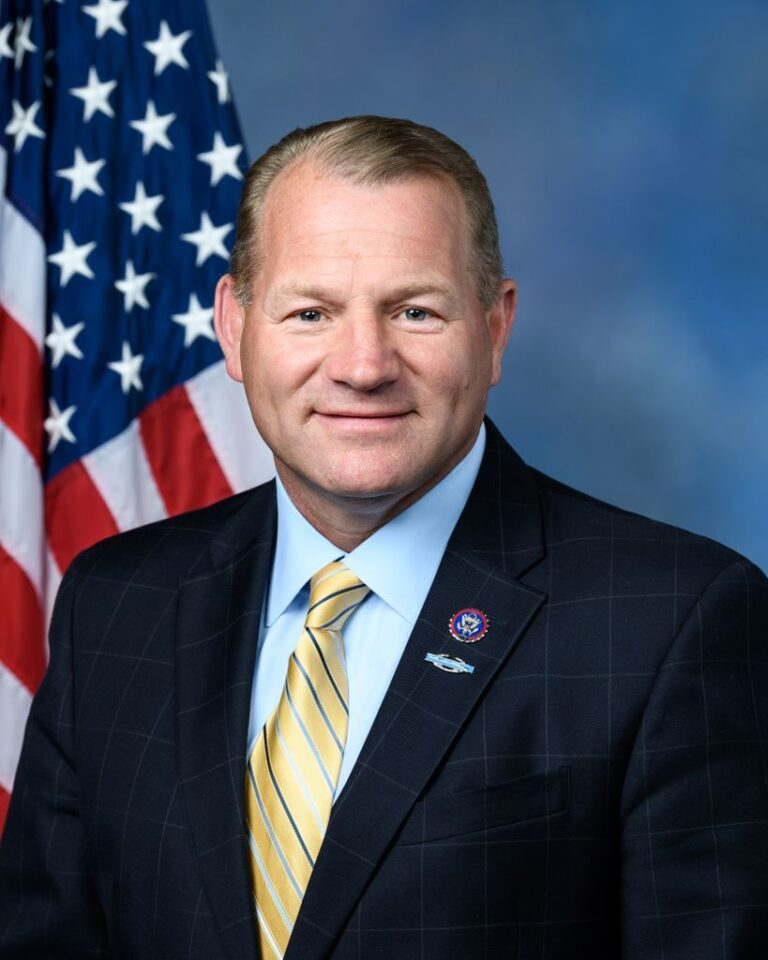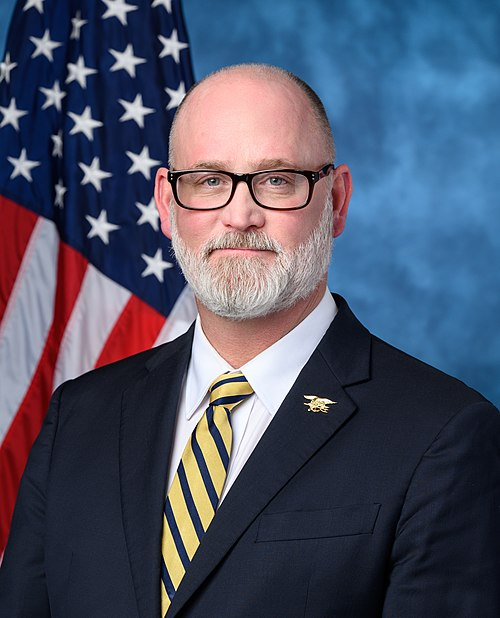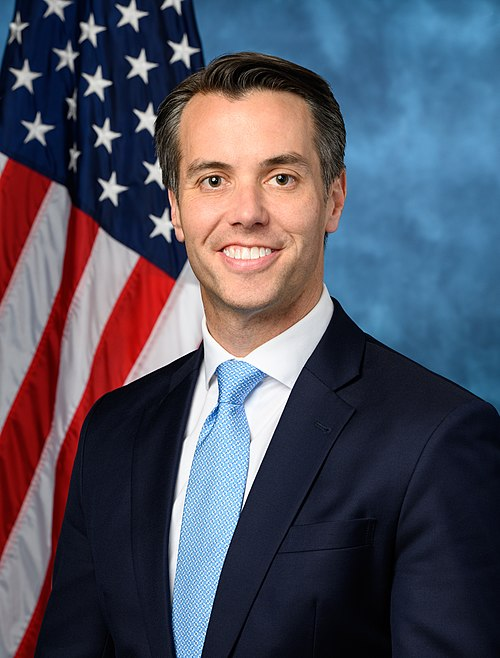H.R. 5523: Let Experienced Pilots Fly Act of 2025
The "Let Experienced Pilots Fly Act of 2025" is a proposed piece of legislation that aims to amend existing rules regarding the retirement age for pilots in commercial aviation. Here are the main points of the bill:
Increased Retirement Age
The bill allows pilots to serve as part of a crew in commercial aviation operations until they reach the age of 67, an increase from the current retirement age of 65.
Definition of Covered Operations
In this context, "covered operations" refers to operations under specific federal aviation regulations, particularly those classified as part 121, which typically cover scheduled airline operations. However, this change does not apply to flights taking place in:
- Foreign airspace where the operation is prohibited by the local laws of that country.
- International airspace where such operations do not comply with international aviation regulations.
Regulatory Amendments
Upon enactment, specific federal regulations will be updated to reflect the new retirement age of 67 for pilots.
Retroactivity Provision
Pilots who are already over the age of 65 when the law is enacted will be permitted to return to multi-crew operations until they reach 67 years of age.
Legal Protections
Actions taken under this new law or in accordance with prior regulations will not be a basis for legal liability or claims under employment law, offering legal protection to airlines and pilots alike.
Amendments to Labor Agreements
The bill requires any necessary changes to labor agreements or benefit plans that affect pilots to be made through mutual agreement between the airline and the pilots’ collective bargaining representatives.
Medical Standards and Examinations
While pilots will generally not be subjected to different medical standards because of their age, the Federal Aviation Administration (FAA) can introduce new standards if supported by data indicating a need for them. Additionally, pilots aged 60 and above must possess a first-class medical certificate, which must be renewed every six months.
Training Requirements
Air carriers must continue to follow pilot training and qualification programs that have been approved by the FAA, ensuring that safety standards in pilot training remain stringent.
Reporting Requirement
The FAA is required to report to Congress within 180 days after the Act's enactment regarding the potential for further increasing the age limit for pilots beyond 67.
Relevant Companies
- DAL - Delta Air Lines: As a major airline, Delta may see an increase in the number of experienced pilots available for their flights, potentially impacting flight operations and staffing strategies.
- UAL - United Airlines: Similar to Delta, working with a broader pilot age range could provide operational benefits and influence workforce planning.
- RYAAY - Ryanair: As an international airline, Ryanair might benefit from allowing experienced pilots to continue flying, especially in regions where their operations are affected by age limitations.
This is an AI-generated summary of the bill text. There may be mistakes.
Sponsors
2 bill sponsors
Actions
3 actions
| Date | Action |
|---|---|
| Sep. 20, 2025 | Referred to the Subcommittee on Aviation. |
| Sep. 19, 2025 | Introduced in House |
| Sep. 19, 2025 | Referred to the House Committee on Transportation and Infrastructure. |
Corporate Lobbying
0 companies lobbying
None found.
* Note that there can be significant delays in lobbying disclosures, and our data may be incomplete.








